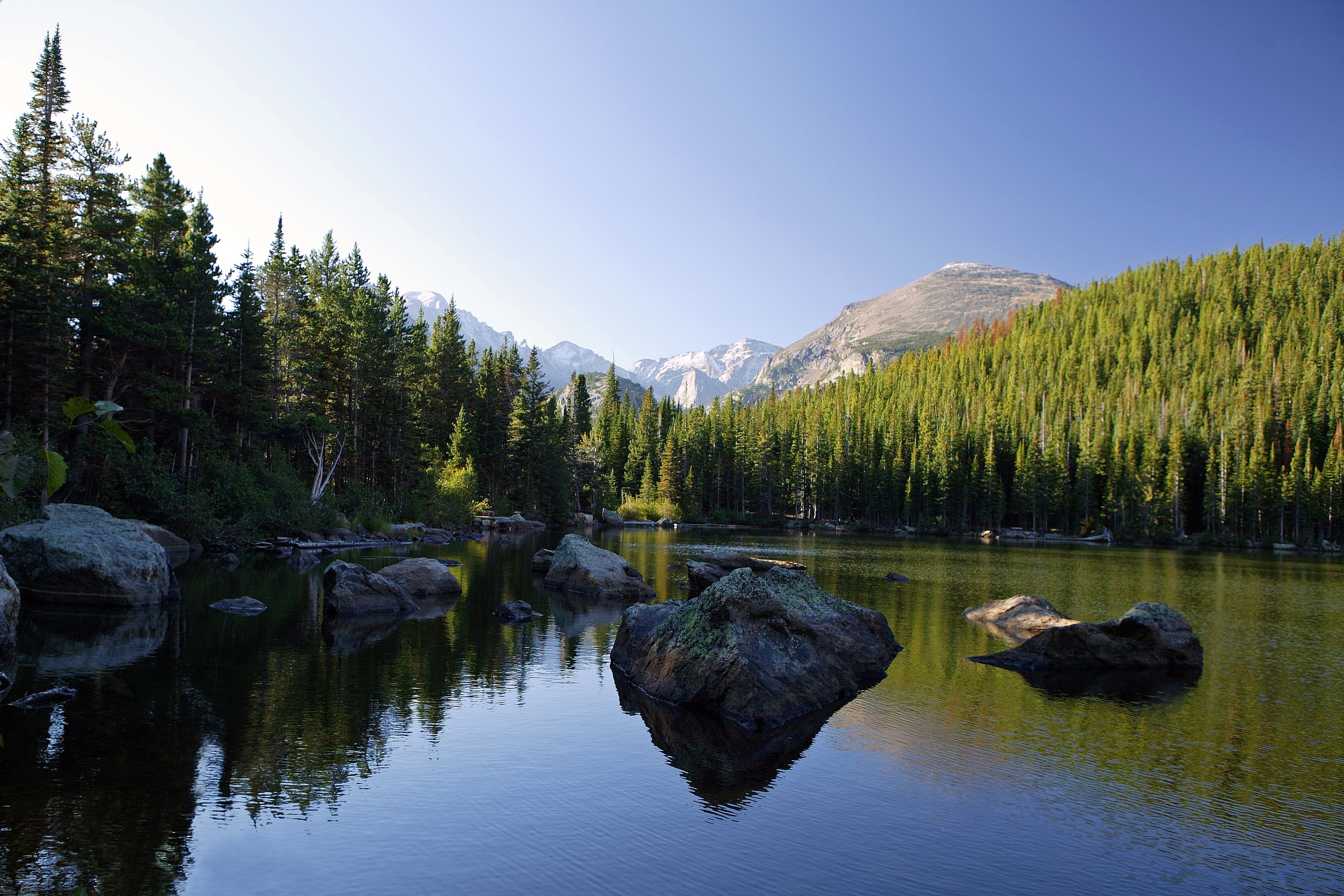We have much more to do and your continued support is needed now more than ever.
Congressional Budget Deal Includes Wins for Wildlife & Conservation

At a time when so many issues seem hopelessly entangled by the growing partisan divide, wildlife conservation is repeatedly emerging as one area for bipartisan consensus. Just this week, a huge bipartisan win was largely missed on the national radar as the Senate and the House passed H.R. 244, a bill to fund the federal government for the rest of fiscal year 2017. But you better believe we noticed it. The win was in part due to months of work by the National Wildlife Federation, our affiliates, conservation partners, and our members urging Congress to hold true to its bipartisan tradition of supporting America’s outdoor heritage and wildlife.
- The $1 trillion spending package will provide $12.8 billion for the Department of the Interior (DOI), increasing funding for several wildlife programs. The Bureau of Land Management, National Park Service, and Fish and Wildlife Service will all see more money under the bill, which includes few policy riders for the agencies.
- One key win for wildlife is the increased direct funding for wildlife conservation programs, including more money toward North American Wetlands Conservation Fund (8.5%), the Neotropical Migratory Bird Conservation Fund (7%), and the State and Tribal Wildlife Grants program (3%) – the nation’s core program for preventing fish and wildlife from becoming endangered.
- In the Environmental Protection Agency (EPA) budget, funding for collaborative regional watershed programs will also increase. Iconic water restoration projects will remain fully funded from the Great Lakes to the Chesapeake Bay to Puget Sound. “With full funding for the Chesapeake Bay, some of the most basic needs that people and wildlife depend on, like clean drinking water, will continue to be restored and protected,” says Hilary Harp Falk, Mid-Atlantic regional executive director of the National Wildlife Federation and co-chair of the Choose Clean Water Coalition.
- Meanwhile, Long Island Sound restoration and the Gulf of Mexico Program will actually see significant funding boosts. “Coastal legislators from both parties see the value these programs bring to the table,” says Jessica Ritter, the National Wildlife Federation’s Gulf Restoration Program policy specialist.
- Clean water programs will see their funding levels maintained. The Clean Water State Revolving Fund will still receive $1.39 billion, the same as 2016 funding levels, to help communities fix, update, and repair wastewater infrastructure. The Drinking Water State Revolving Fund will still receive $863 million for local drinking water infrastructure projects. That “sends a strong signal that protecting the drinking water for more than 30 million people needs to be a long-term national priority,” says Todd Ambs, campaign director for the Healing Our Waters-Great Lakes Coalition.
Certainly not all good news.
The Land and Water Conservation Fund was reduced by $50 million, although it remains above historic averages. The bill contains some cuts for EPA and DOI, agencies that have already been hit hard by austerity-driven budget cuts in recent years. We’re disappointed the bill includes a broad biomass rider that declares all biomass to be carbon neutral regardless of management practices. This contradicts sound science, which shows that, while some biomass practices are indeed carbon neutral, other practices actually increase near-term emissions and degrade wildlife habitat. The bill also cuts some clean energy programs, such as EPA’s state assistance programs and the Department of Energy’s Office of Energy Efficiency and Renewable Energy.
Overall, this budget is a win for America’s wildlife and natural resources, and it deserves President Trump’s signature. We are especially grateful for the hard work of the Interior Appropriations Subcommittee Chairs Senator Lisa Murkowski and Representative Ken Calver and Ranking Members Senator Tom Udall and Representative Betty McCollum.
We hope that the bipartisan support for key conservation priorities in this budget is a harbinger of future wins for our communities and America’s wildlife in the months and years ahead.
Tell your members of congress to make wildlife conservation a priority!
TAKE ACTION NOW





















